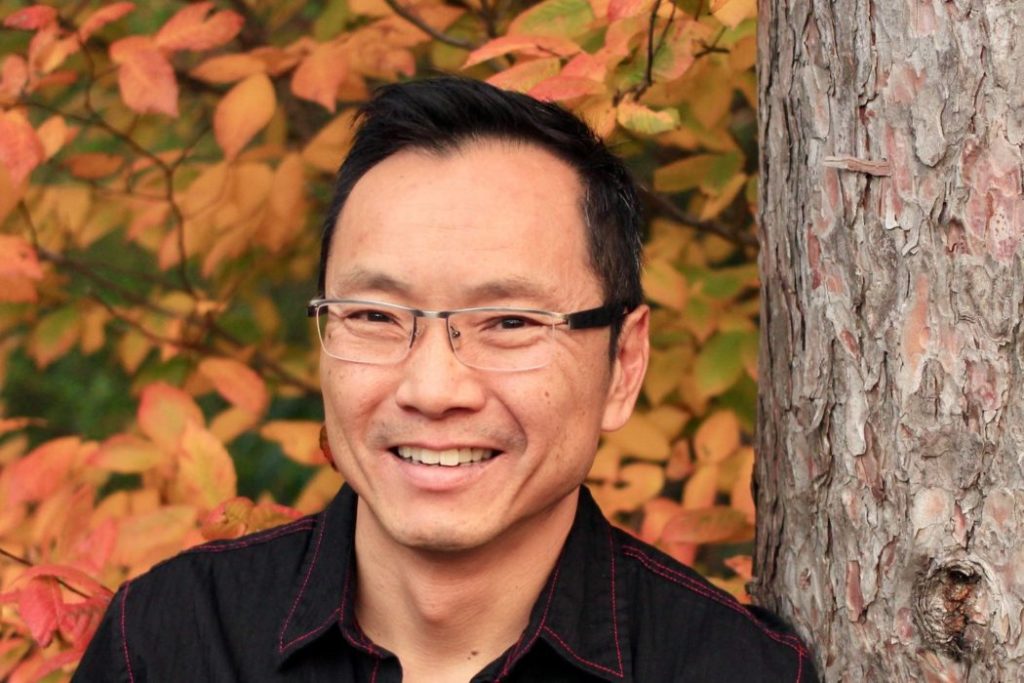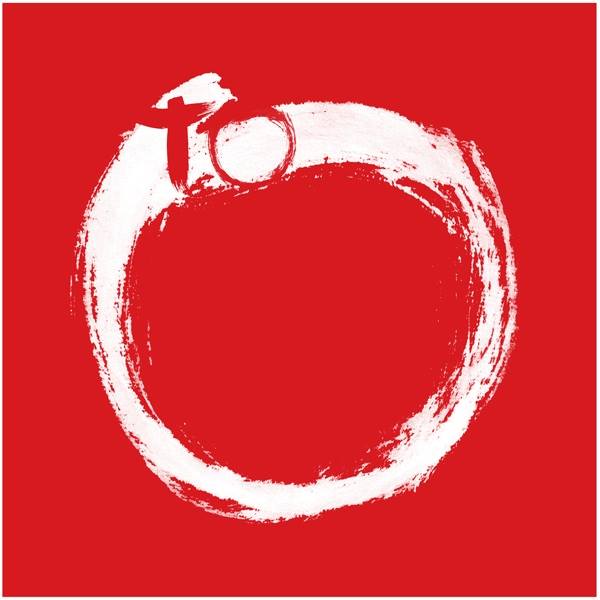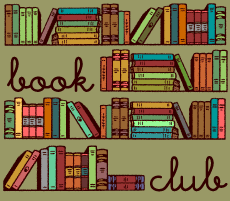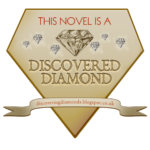The Origami, a wonderfully creative and indie Toronto online magazine has featured Wayne in an interview with Marites N. Sison, Editor & Co-Founder. (The Origami is now defunct)
“The Origami is an online magazine that is Asian + Torontonian + Canadian.”
The interview is reproduced below Oct 28, 2018.
Imagining Lao Tzu
“The journey of a thousand miles begins with one step.”
People around the world have often quoted this and other teachings attributed to legendary Chinese philosopher Lao Tzu, the guiding figure of Taoism and reputed author of the popular ancient text Tao Te Ching (Book of the Way).
Even George Lucas’ Star Wars is said to have heavily incorporated (appropriated, according to others) Taoist philosophy, with Jedi master Yoda himself channeling the wisdom of Lao Tzu.
Yet despite Lao Tzu’s influence, little is known about him and his life.
This very absence became fertile ground for the imagination of Toronto-born author Wayne Ng, whose debut novel, Finding the Way: A Novel of Lao Tzu, “fills in the blanks” and fictionalizes the great philosopher for the first time.
Ng’s historical fiction, which is set in ancient China, is described by publisher Earnshaw Books as “rooted in history, inspired by legend.” It is, according to Ng, “a political thriller wrapped in a philosophical bow tie.”
Finding the Way begins where the legend ends — when Lao Tzu, dispirited by the moral decay he witnesses in 6th century B.C. China, mounts his water buffalo and retreats from life. As he wanders off, he is recognized by a guard who convinces him to record his wisdom for the good of all.
In Ng’s novel, Lao Tzu is persuaded to work in the Archives of the Royal Court of Zhou, where presumably he could spread his beliefs.
Instead he gets caught in the bitter rivalry between the ailing king’s twin sons — Prince Meng, the heir to the throne, and Prince Chao, the brash and bold younger brother who wants to be crowned king. To make matters worse, Confucius —the famous philosopher and political theorist — arrives and aligns himself with Prince Chao, while Lao Tzu sees a protege in Prince Weng.
Who will gain control of the dynasty? Well, you’ll have to read Ng’s riveting book. Beyond being a political thriller, there are ideas and situations in Finding the Way that resonate in today’s world, which makes it a relevant read.
Finding the Way has earned the Editor’s Choice from the Historical Novel Society, which described it as a “superbly written tale, full of intrigue and drama and rich with cultural narrative.” It has also been reviewed by mainstream media, including the Ottawa Citizenand CBC Ottawa.
An award-winning short story and travel writer, Ng says he was born in downtown Toronto to Chinese immigrants who fed him “a steady diet of bitter melons and kung fu movies.”
Ng now lives in Ottawa, where he works as a social worker with the Ottawa Catholic School Board, but he describes himself as “still a Torontonian at heart.”

The Origami’s Marites N. Sison interviewed Ng about his debut novel via email.
Q: What made you decide to write a historical fiction about Lao Tzu?
A: I never aspired to be a novelist. But once my wife handed me her favourite book, The Tao of Pooh, by Benjamin Hoff, essentially an interpretation of Lao’s seminal work Tao Te Ching, I found a pathway to my first novel. I became entranced by the legend of Lao Tzu atop a water buffalo, despondent at the moral decay of the world he wanders towards the outer regions to die. I fell in love with the notion of an enlightened idealist, one who dreamt of a better world, a just society, but whose idealism was crushed by a harsh reality.
I found the typical depiction of Lao Tzu—as an all knowing, venerable, old sage—rather unidimensional. I knew there was more to him. It excited me that I had the rare opportunity to be the first to flesh out a legend and depict a period relatively untouched by literature. That this was a man I felt a kinship with made it all seem inevitable. From one naive dreamer to another, I could imagine the pangs of his unbridled hopes as well as the bitterness and pain of his betrayal.
This imagining of Lao Tzu also gave me an opportunity to be part of the eastern tilt. People speak of China’s economic might. But its history, culture and the creativity and imagination of its diaspora, is creating waves I would not have dreamed of even a few years ago. That I might help promote eastern philosophy and history to western audiences, is enormously gratifying.
Q: Both the time period and historical figures are critical to your novel, so what kind of preparations did it entail?
A: Like any decent work of historical fiction, extensive research gave me the foundation for a sense of the place, the period and the people. Despite thousands of years of recorded Chinese history, little is known of Lao Tzu, so I had to fill in the blanks.
The life of Confucius is slightly better recorded, although it still lacks depth. I read whatever I could to recreate the minute details on how cities were constructed, what fabrics people wore, what foods they feasted on, and how they farmed and fought their wars.
I traveled throughout China, hitting every museum I could to acquire a tactile feel of the period. I watched every historical movie and TV series to get added visuals. While some of the main characters can be found in research, I found the single most telling piece of source material was Lao Tzu’s seminal work, the Tao Te Ching. While most will read it as philosophy and a manifest for living within the rhythms of ourselves and the natural world, I saw it as a portal to a world longing for certainty, stability, and quiet balance. Often opaque yet sanguine in tone, the Tao Te Ching’s tenets enabled me to imagine the world that gave rise to his beliefs. It gave me the optimistic voice that conflicted with the harsh realities of the time.
Q: Since Lao Tzu is revered by many as a deity did you have some anxieties about how his story was going to play out in your book?
A: My publisher is a Taoist. He expected the same homogenous profile of Lao Tzu that’s also attributed to Buddha, the Dalai Lama, and so on. This cookie cutter profile lacks scope and neither informs the reader nor builds interesting breadth among characters.
Who’s to say Lao Tzu or any such historical figures weren’t also capable of insecurity, jealousy, pettiness, and naivete? They were human after all.
I’ve also shared Finding the Way with other Taoists, most were intrigued and curious (very Taoist traits!), but none saw this as blasphemous. If they did, I am happy to engage with them, for I recognize I have lots to learn.
Writing and promoting Finding the Way enabled me to question much of how I work, live and play. In doing so, I had in essence, discovered Taoism and found my own way.
Q: What has the response been like from Chinese, Taoist and literary communities?
A: Reviews and feedback have been glowing. Strongest responses have come from people who previously knew little of ancient Chinese history and philosophy. For them, it has been a revelation, and a welcomed introduction to new worlds. They have said repeatedly that it was a good old-fashioned page turner which they couldn’t put down, even as they re-read passages in order to absorb the depth of Lao Tzu’s teachings.
Feedback from readers who are also Taoist or philosophy nerds have similarly been effusive, as they have rarely been able to see material presented in such an engaging and affirming narrative. The strongest literary endorsement has been from the Historical Novel Review, which gave Finding the Way an Editor’s Choice designation in its August Issue and have also selected me as an new, emerging voice in an upcoming issue.
Q: What do you hope readers will take away from your novel?
A: I have had many people tell me they learned so much about Taoism and ancient Chinese history and they want to know more. And that they have been hugely entertained. So what more could I hope for? Well, I would also like people to see the value in slowing down, in living in the moment, in accepting what naturally befalls us.
Lao Tzu’s The Way tells us that our thirst for sanity and simplicity is a quest that transcends culture and time. I believe if he were here today and started to write the Tao Te Ching, he’d have a rant about Trump and social media. Yet his message would remain the same and is as important now as it was then: that even in a time where rulers are unjust, where change is scary, where greed and consumption drive us away from our natural state of balance and harmony — we cannot lose hope. Change is inevitable.
Q: Is there anything else you’d like to share about your debut novel?
Finding the Way is a political thriller wrapped in a philosophical bowtie. However, I hope it’s also a portal to a historical fiction genre that is largely Eurocentric. Asia is filled with fascinating characters and stories waiting to be told. Many people ponder China’s place in the world and struggle with reckoning whether it’s a friend or foe. Perhaps we should refocus and see that China can provide answers to much of what ails us here and now, answers that were rooted 2,500 yrs ago. So it’s purposeful that I wished to expose Western readers to develop some understanding and grounding in Taoism and that very ancient part of Chinese history. I hope others will get lost in my novel and find their own way.
(Finding the Way can be found at Another Story Bookshop on Roncesvalles for Toronto readers.)


